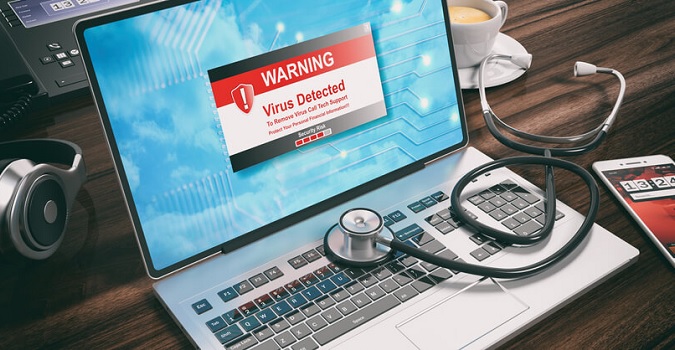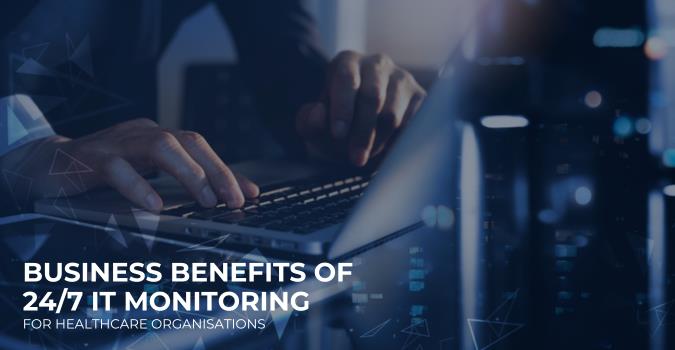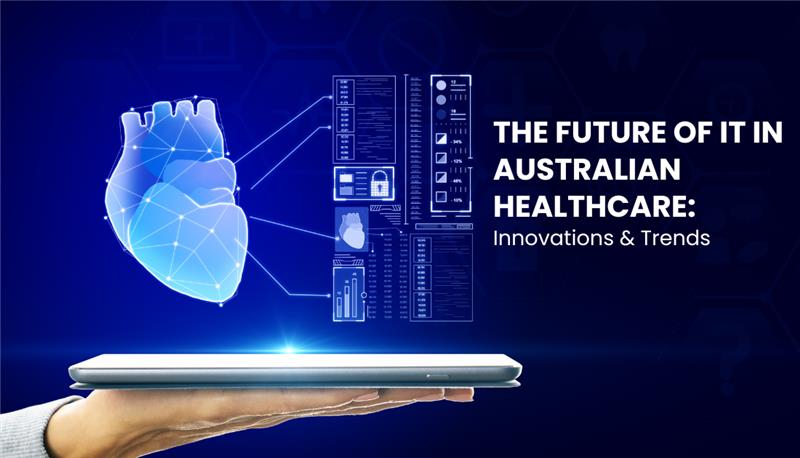Healthcare organisations rely on robust IT systems to manage patient records, facilitate telemedicine and support…

Cyber Attacks on Healthcare Systems: Preserving Patient Privacy and Data Safety
The healthcare sector has embraced technological advancements to streamline processes, enhance patient care, and improve efficiency. However, alongside these benefits, the industry faces growing cyber-attacks on healthcare systems. These security threats pose significant risks to patient privacy and safety, highlighting the urgent need for robust cybersecurity measures within healthcare organisations. This article explores the significance of cyber attacks on healthcare systems and the measures required to preserve patient privacy and safety.
The Rising Threat of Cyber Attacks on Healthcare Systems
Understanding the Motives Behind Cyber Attacks:
Cybercriminals have varied motives for targeting healthcare systems, including financial gain, data theft, identity theft, and even espionage. The vast amount of sensitive patient information, coupled with potential vulnerabilities in healthcare networks, makes them an attractive target.
Vulnerabilities in Healthcare Systems:
Healthcare systems are vulnerable to cyber attacks due to factors such as outdated technology, inadequate cybersecurity practices, insufficient employee training, and the increased use of interconnected devices. Additionally, the industry’s reliance on electronic health records (EHRs) and telemedicine further amplifies the potential risks.
The Implications for Patient Privacy
Data Breaches and Patient Confidentiality:
Cyber attacks on healthcare systems can result in massive data breaches, exposing patients’ personal and medical information. This breach of privacy not only compromises patients’ trust but also leaves them vulnerable to identity theft, fraud, and other forms of misuse of their sensitive data.
Impact on Healthcare Organizations:
Data breaches caused by cyber attacks can have severe consequences for healthcare organizations. These include reputational damage, legal liabilities, financial losses, and potential regulatory sanctions. Moreover, such incidents can disrupt healthcare services, affecting patient care and causing distress among the affected individuals.
Ensuring Patient Safety Amid Cybersecurity Threats
Risks to Critical Infrastructure
Cyber attacks on healthcare systems can also target critical infrastructure, such as medical devices and systems used in patient care. Malicious actors could exploit vulnerabilities in these devices, leading to disruptions in patient monitoring, medication delivery, or even surgical procedures, thereby jeopardizing patient safety.
Importance of Robust Cybersecurity Measures:
Healthcare organisations must implement robust cybersecurity measures to safeguard patient safety. This includes regular cybersecurity risk assessments, network monitoring, encryption of sensitive data, employee training on cybersecurity best practices, and the establishment of incident response plans. Collaborative efforts among healthcare providers, technology vendors, and regulatory bodies are crucial to fortifying defenses against cyber threats.
Strengthening Cybersecurity in Healthcare
Enhanced Collaboration and Information Sharing:
To counter cyber attacks effectively, healthcare organisations should foster collaboration and information sharing within the industry. Sharing insights, best practices, and threat intelligence can help identify emerging cybersecurity risks and mitigate vulnerabilities across the sector.
Regulatory Measures and Compliance:
Government agencies and regulatory bodies play a pivotal role in driving cybersecurity initiatives within the healthcare industry. Strengthening regulations, enforcing compliance, and promoting cybersecurity standards can incentivize healthcare organizations to prioritize cybersecurity and protect patient privacy and safety.
Conclusion:
The increasing frequency and sophistication of cyber attacks on healthcare systems demand immediate attention from all stakeholders involved. Preserving patient privacy and safety requires a multi-faceted approach, including robust cybersecurity measures, enhanced collaboration, and effective regulatory oversight. By investing in our next-gent cybersecurity solutions that help to stay vigilant against emerging threats, the healthcare industry can better protect patient data, maintain trust, and ensure the well-being of those who rely on its services.
Also Read:




